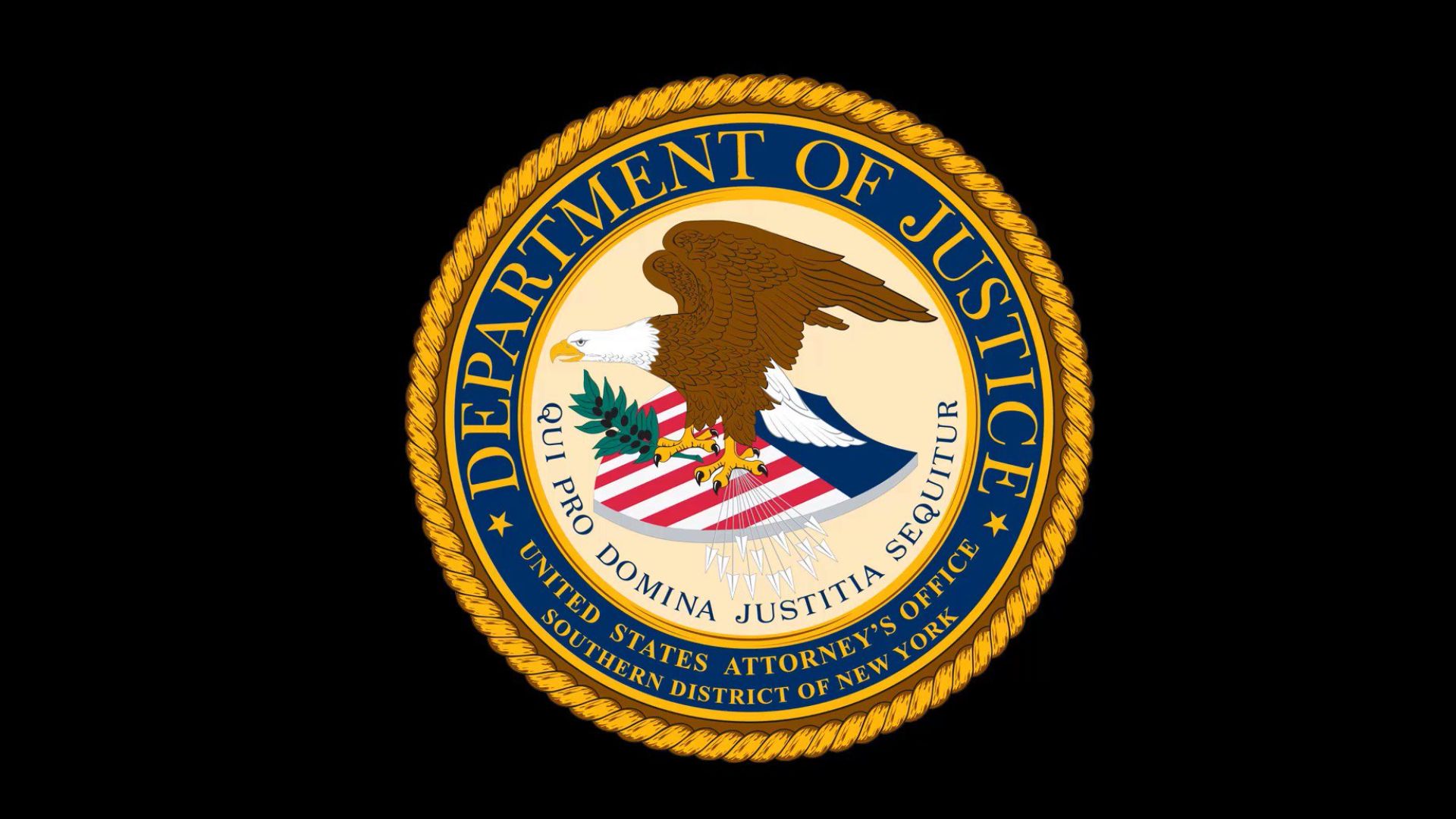State
Federal authorities secure $5 million settlement against providers accused of fraud in programs for adults with developmental disabilities

New York – In a significant legal development, the U.S. Department of Justice has announced a $5 million settlement in a civil fraud lawsuit against Community Options, Inc. (COI) and Community Options New York, Inc. (CONY). The lawsuit alleged that the organizations improperly billed Medicaid for services that did not meet regulatory requirements and failed to return overpayments. This resolution underscores the federal government’s commitment to ensuring integrity in healthcare programs, particularly those serving vulnerable populations.
Background of the Case
Community Options is a nonprofit organization that operates programs and facilities aimed at supporting adults with developmental and intellectual disabilities. Their services include Day Habilitation programs, designed to help individuals develop independence and life skills. While these programs are crucial for many individuals, the lawsuit alleged that Community Options failed to adhere to proper documentation and compliance requirements when billing Medicaid for these services.
According to the complaint, COI and CONY were required to meet the standards set by the New York State Office for People With Developmental Disabilities (OPWDD) in order to receive Medicaid reimbursements. However, between January 1, 2017, and September 13, 2024, Community Options allegedly failed to maintain adequate policies and did not sufficiently train their employees on compliance requirements. As a result, claims were submitted for services that did not meet Medicaid’s strict standards.
Allegations and Violations
The lawsuit accused Community Options of knowingly submitting fraudulent claims to Medicaid for services that did not comply with OPWDD guidelines. The organization’s billing team, responsible for handling Medicaid claims, continued submitting reimbursement requests despite knowing that the services in question did not meet the necessary criteria.
Additionally, the lawsuit alleged that Community Options failed to return overpayments received from Medicaid. Under federal law, organizations that identify overpayments are required to report and return them. However, internal reviews conducted by Community Options revealed these overpayments, and the organization did not take the necessary steps to reimburse Medicaid.
The Settlement Agreement
Under the terms of the settlement, Community Options will pay a total of $5,016,626.11. Of this amount, $2,148,540.37 will be paid to the U.S. government, while $2,868,085.74 will go to the State of New York. In addition to financial penalties, the organization has entered into a Corporate Integrity Agreement (CIA) with the Department of Health and Human Services Office of Inspector General (HHS-OIG). This agreement requires Community Options to implement a compliance program aimed at preventing future violations. It also mandates the engagement of an independent organization to review Medicaid claims to ensure proper adherence to regulations.
Statements from Officials
Acting U.S. Attorney Matthew Podolsky emphasized the significance of holding organizations accountable for Medicaid fraud. “Community Options billed Medicaid for services that failed to meet program requirements and retained potential overpayments received from Medicaid when it had an obligation to report and return those funds. Community Options has now admitted and accepted responsibility for its conduct. This Office will continue to ensure that our most vulnerable New Yorkers receive the services they deserve, and that our federal health care programs are protected against fraud and abuse.”
Similarly, Naomi Gruchacz, Special Agent in Charge of HHS-OIG’s New York Regional Office, underscored the importance of compliance in federal healthcare programs. “Individuals and entities that participate in the federal healthcare system are required to obey the laws meant to preserve the integrity of program funds and the provision of appropriate services to patients. The settlement in this case involves a provider that is responsible for a vulnerable population, for which it should be prioritizing quality services.”
The Role of Whistleblowers
The lawsuit was initiated under the False Claims Act, which allows private whistleblowers to report fraud against the government. The government subsequently joined the lawsuit, leading to the settlement. Whistleblower cases have become an essential tool in identifying fraudulent practices within the healthcare industry, particularly in programs funded by taxpayer dollars.
Whistleblowers who report fraud under the False Claims Act can be eligible for a portion of the recovered funds as a reward. While the specifics of this case regarding whistleblower compensation have not been disclosed, it is a common practice in similar settlements.
Ensuring Compliance Moving Forward
With the settlement now finalized, Community Options is expected to implement significant changes to its operations. The Corporate Integrity Agreement requires the organization to strengthen its policies and training programs to prevent future violations. Furthermore, external oversight from an independent review organization will help ensure that Medicaid billing practices comply with all applicable regulations.
This case serves as a reminder of the rigorous standards that healthcare providers must adhere to when participating in government-funded programs. Organizations that fail to meet these requirements not only face financial penalties but also risk damaging their reputation and the trust placed in them by the communities they serve.
Broader Implications
The $5 million settlement reflects the federal government’s ongoing efforts to combat fraud within the healthcare system. Cases like this highlight the importance of oversight and accountability in Medicaid and other federally funded programs. When organizations fail to uphold their obligations, both the government and taxpayers bear the financial burden.
For individuals relying on services like Day Habilitation programs, maintaining high standards of care is crucial. Fraudulent billing practices can divert resources away from those who need them most, ultimately affecting the quality of care provided to vulnerable populations.
Conclusion
The resolution of this case marks a significant step in safeguarding the integrity of Medicaid and other healthcare programs. While Community Options has accepted responsibility and agreed to implement corrective measures, the case underscores the importance of compliance and transparency in federally funded services.
With stronger oversight and accountability measures in place, both the federal and state governments continue their efforts to ensure that public funds are used appropriately and that individuals with developmental disabilities receive the services they deserve. The Department of Justice’s actions in this case send a clear message—fraud and misconduct in healthcare will not be tolerated, and those who engage in such practices will be held accountable.

-

 Local News10 months ago
Local News10 months agoNew ALDI store close to Rochester to begin construction in late 2025 or early 2026
-

 Local News10 months ago
Local News10 months agoRochester Lilac Festival announces exciting 127th edition headliners
-

 Local News8 months ago
Local News8 months agoCounty Executive Adam Bello and members of the county legislature celebrate exceptional young leaders and advocates at the 2025 Monroe County Youth Awards
-

 Local News8 months ago
Local News8 months agoThe 2025 Public Market Food Truck Rodeo series will begin this Wednesday with live music by the Royal Bromleys